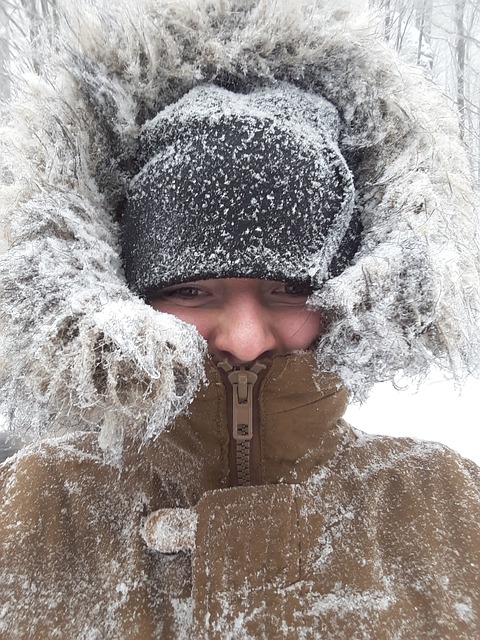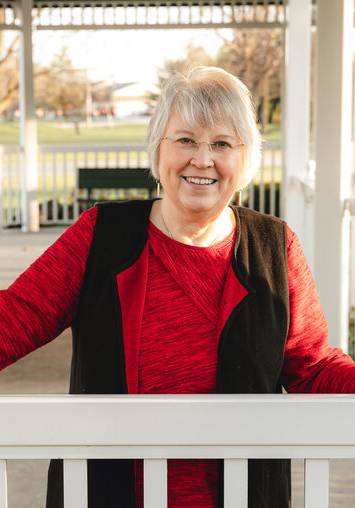This time of year, people love to be out hiking in cooler weather or participating in winter sports such as skiing, snowboarding, cross-country skiing and ice fishing. Normally, nothing bad happens. But what if someone is unexpectedly injured? Like you cross paths with a bear, or miss a step and break your ankle? When humans wander out of their normal …
Writing About Coma
In all honesty, at times the writing about coma (disorders of consciousness) in television and movies can be laughable. A character on a soap opera awakens dramatically after years in a deep coma and talks perfectly with no confusion. Right. Robin Cook’s second novel Coma is considered the genesis of a new suspense genre called medical thrillers. I might argue …
Writing About Burns
Recently, author Deena Adams asked me to help with some characters in her novel who were injured in a fire and suffered severe burns. The situation was a younger man had run into a burning building to find an older fellow in his 50’s. The young man had very mild asthma. The older man was dying from lung cancer. He …
Writing about Heatstroke
Wow, has this summer ever been hot, hot, hot! I hope you’re staying cool. The opposite of hypothermia, if you’re writing about heatstroke, excessive heat can cause your characters a variety of problems. Our bodies release heat mainly by sweating (perspiring for the romance writers). When sweat can’t evaporate to cool your character’s skin, core body temperature will rise fast. …
Writing about Hypothermia
Have you, as an author, committed “novel malpractice”? Can you write authentically about medical issues? Most writers without a medical background struggle with that. Writers, television shows and movies often get it wrong. If the writing and story are good, readers may overlook mistakes, but I want to help you improve your skillsets. Over the last two decades, as a …
Welcome to Novel Malpractice (Med School for Writers)
As a physician for four decades, I’ve worn many hats. From a busy Family Practice office, to an occupational medicine clinic (workers’ comp) to onsite health centers in local industries. Then a medical school mentor called and asked, did I know how to use a computer? That call launched my thirty-year career as a medical director starting at Anthem. The …







